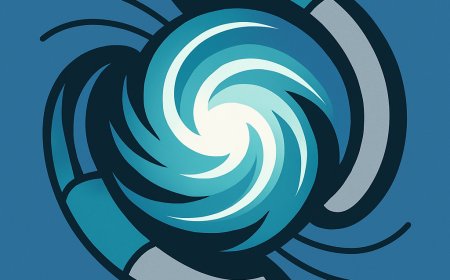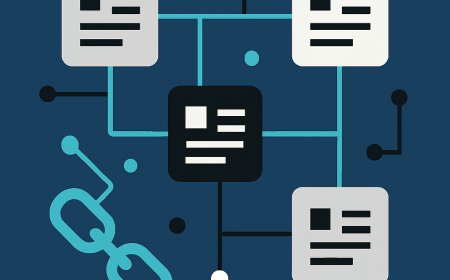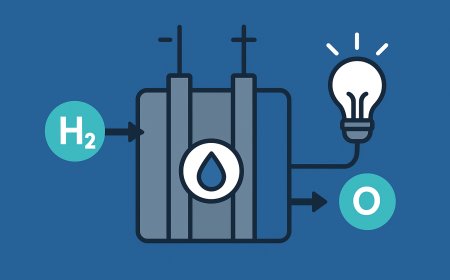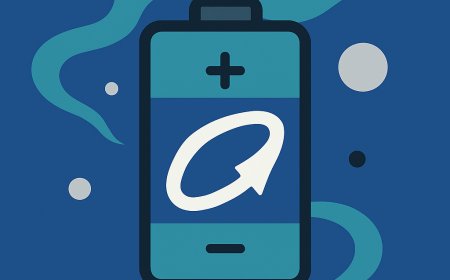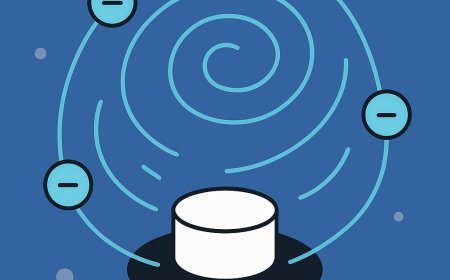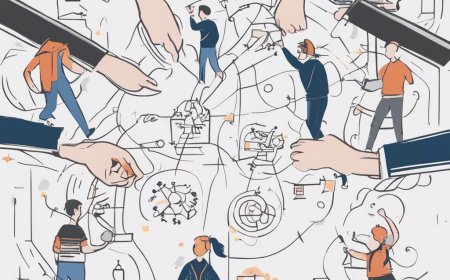Drug Addiction and Your Mind: The Shocking Truth You Didn't Know About Mental Health
Uncover the intricate correlation between drug addiction and mental health conditions, exploring the science and facts behind dual diagnosis and effective treatment pathways for holistic recovery

Drug addiction is an issue that impacts millions of lives worldwide. Yet, its correlation with mental health conditions is often less understood and sometimes even ignored. The reality is that there's a profound connection between substance use and mental health disorders, a condition often referred to as 'dual diagnosis.' In this article, we delve into the scientific facts and theories behind this complex interplay.
Unraveling the Web of Drug Addiction
To understand the relationship between drug addiction and mental health, it's important to first understand what drug addiction is. At its core, drug addiction is a chronic, relapsing disorder characterized by compulsive drug seeking and use, despite harmful consequences. It can disrupt a person's life in various ways, including their mental health, relationships, and overall quality of life.
Substance use can trigger changes in the brain's structure and function, causing alterations in mood, behavior, and cognition. These changes can significantly increase the risk of developing mental health disorders, thus forging a complex link between drug addiction and mental health.
The Mental Health Connection
The co-existence of both a mental health and a substance use disorder is referred to as dual diagnosis. In such cases, the two conditions can interact in ways that make both worse. A person with a mental health condition may turn to drugs or alcohol as a form of self-medication, worsening their mental health symptoms. Conversely, the physiological changes triggered by drug addiction can lead to the onset or worsening of mental health disorders.
There's a high prevalence of mental health conditions among people with substance use disorders. For instance, individuals with conditions such as depression, anxiety disorders, or schizophrenia are at a significantly higher risk of developing drug addiction and vice versa. This indicates a clear correlation between drug addiction and mental health conditions.
Impact of Substance Use on Mental Health
Substance use has a profound impact on mental health. It can exacerbate existing conditions, trigger the onset of new ones, and complicate the treatment process. Drugs such as cocaine, cannabis, and hallucinogens can exacerbate symptoms of anxiety and depression and may even trigger psychosis.
Drugs affect the brain’s “reward circuit," causing euphoria and a strong desire to keep using the substance. Over time, this constant stimulation can lead to changes in other brain circuits, leading to problems with stress, decision-making, impulse control, and memory, all of which can contribute to the development and progression of mental health conditions.
Navigating the Road to Recovery
Understanding the interlinkage between drug addiction and mental health is vital for successful treatment. A comprehensive approach that addresses both substance use and mental health disorders—often referred to as integrated treatment—is widely recognized as the best strategy. This involves coordinated treatment by professionals from both fields, ensuring that the individual receives holistic care.
Integrated treatment involves a range of therapies and interventions tailored to meet the unique needs of the individual. This may include medication, behavioral therapies, peer support, and other services. By addressing both conditions simultaneously, integrated treatment can lead to better outcomes and improved quality of life.
In conclusion, there's a strong and complex correlation between substance use and mental health conditions. Acknowledging this connection and understanding its implications is vital for the recovery of individuals struggling with drug addiction. Integrated treatment offers a promising pathway towards recovery, underscoring the need for a holistic approach in dealing with the challenges of dual diagnosis.
Disclaimer: The image(s) featured in this article are for illustrative purposes only and may not directly depict the specific concepts, situations, or individuals discussed in the content. Their purpose is to enhance the reader's understanding and visual experience. Please do not interpret the images as literal representations of the topics addressed.
What's Your Reaction?












